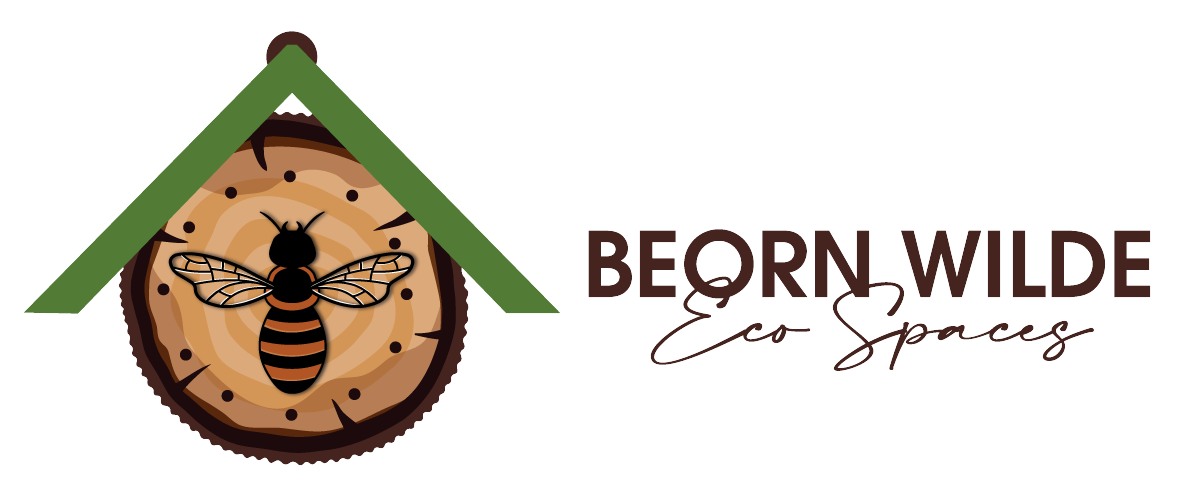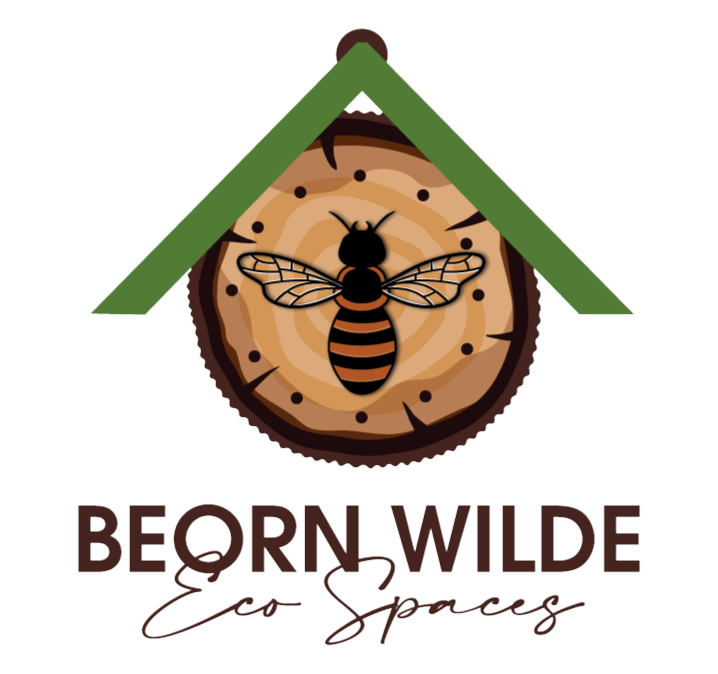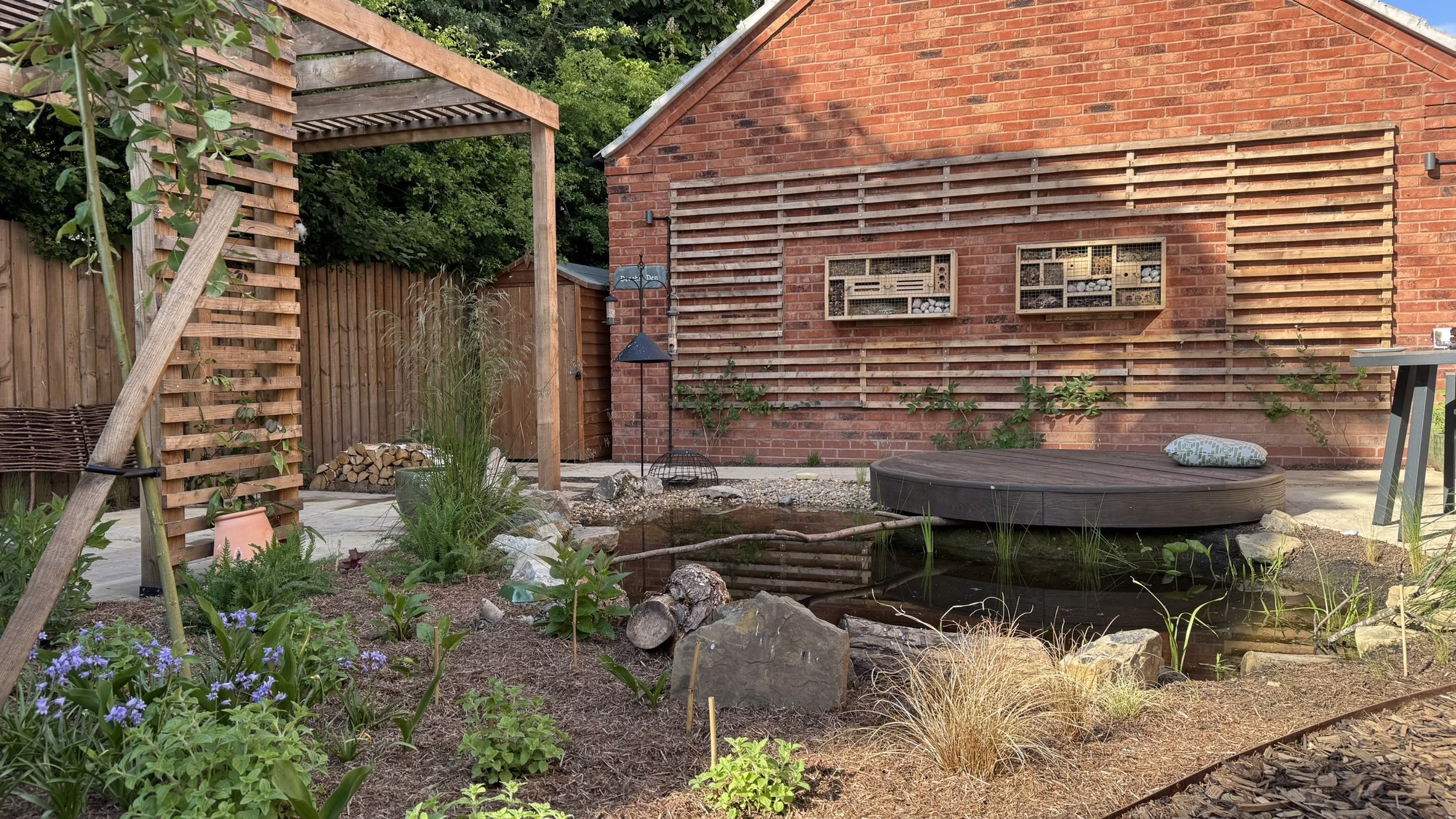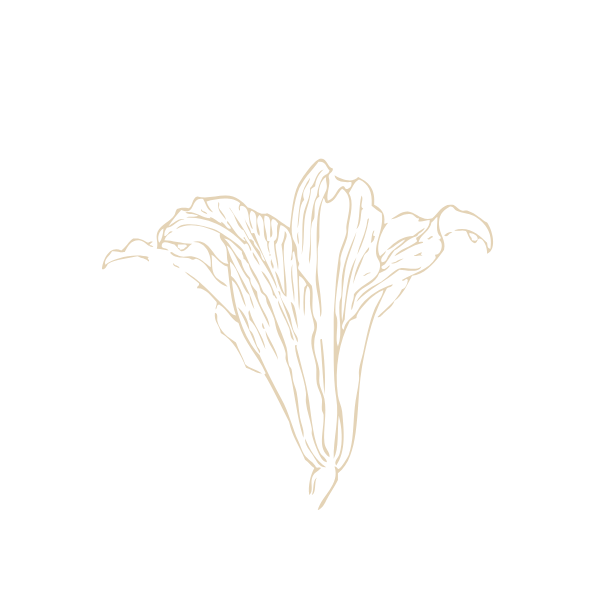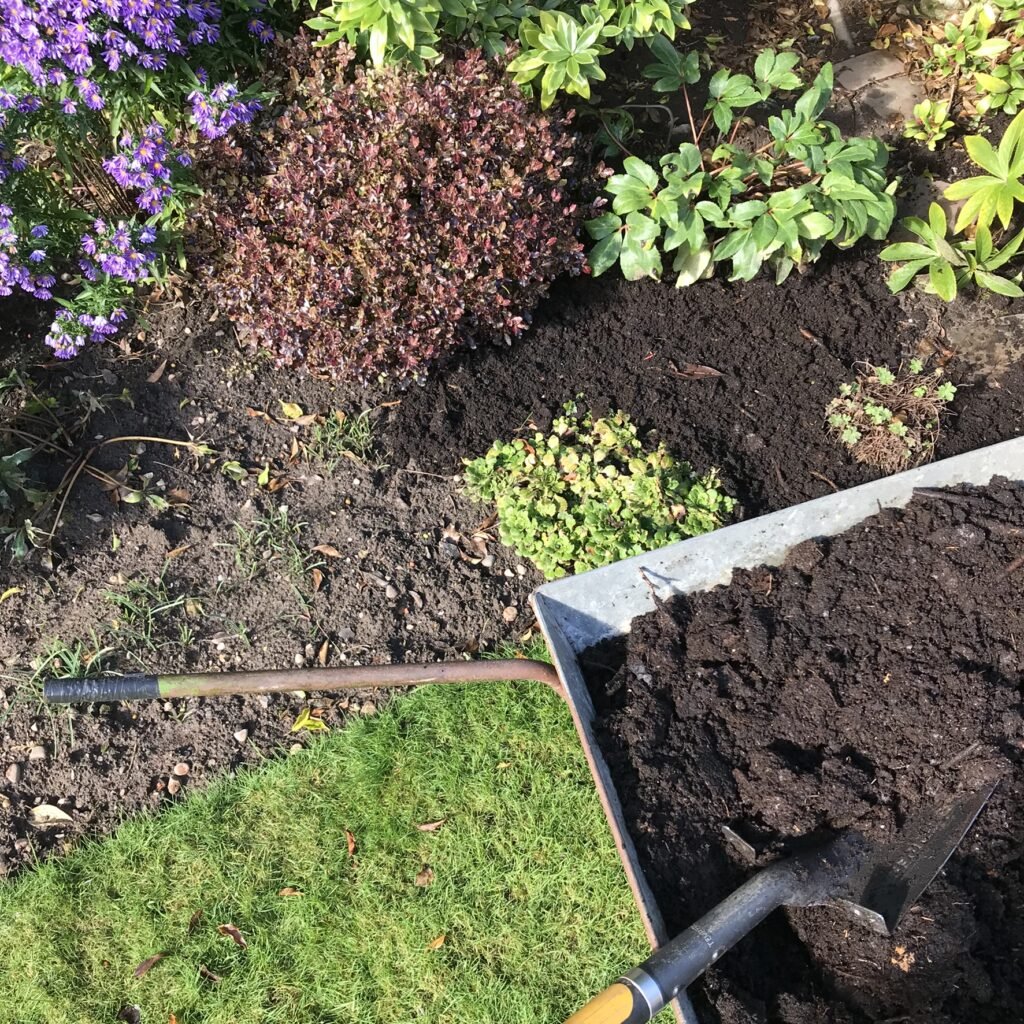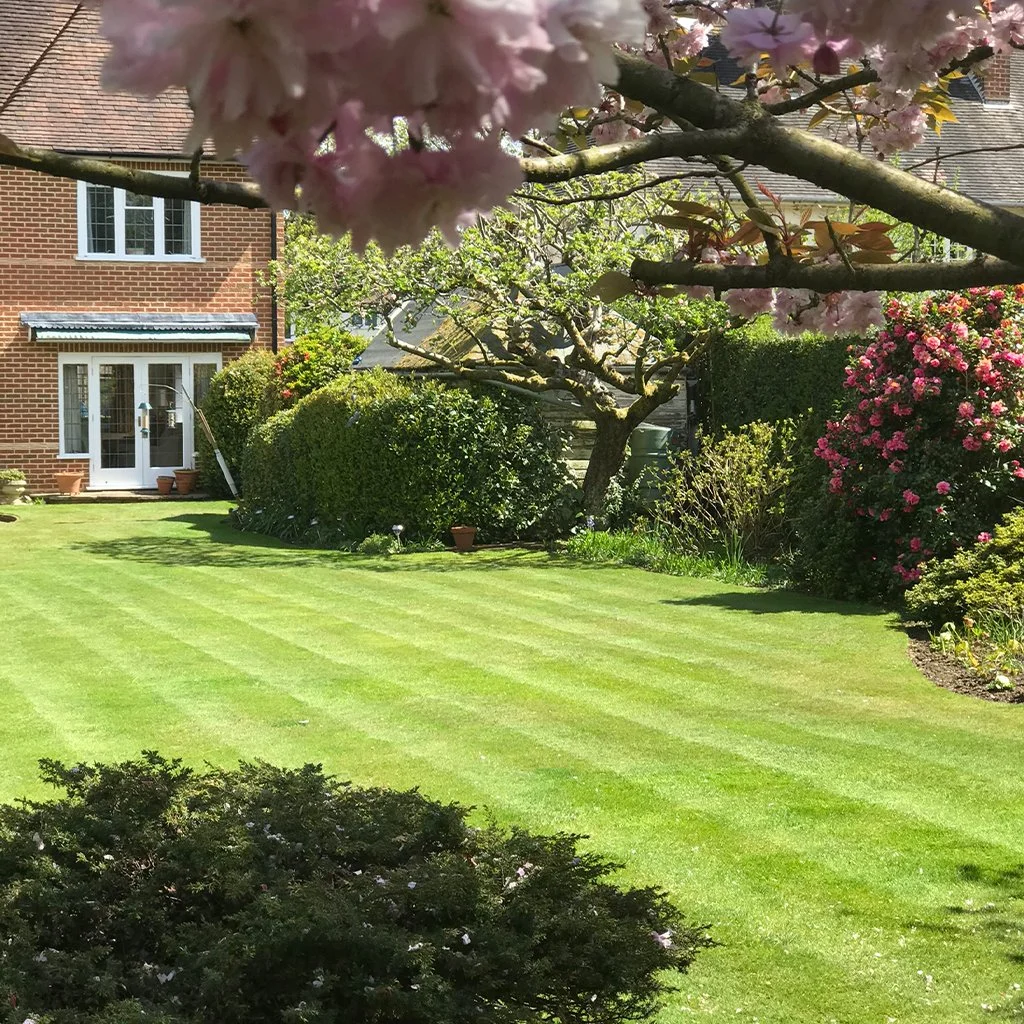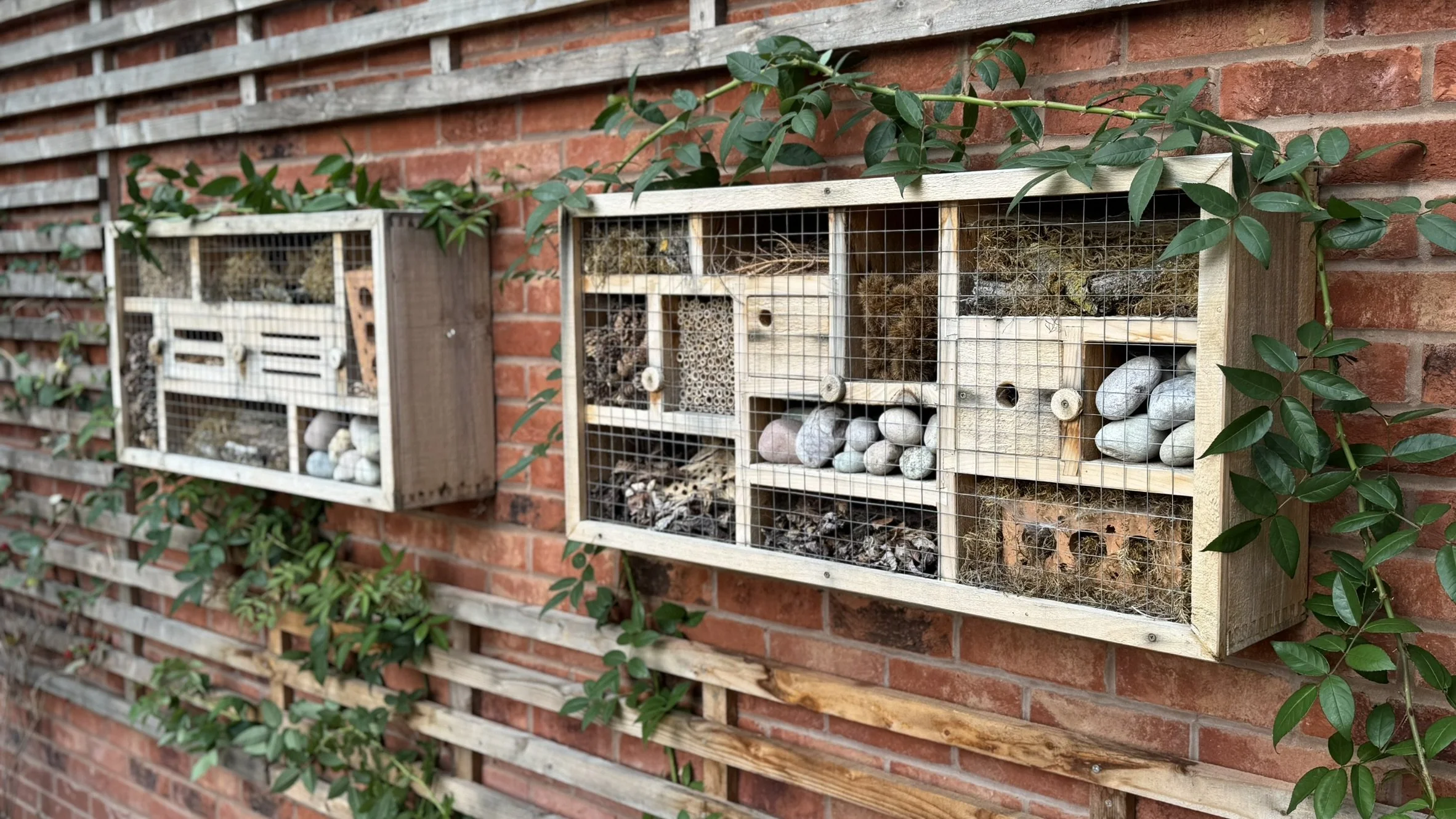Regenerative Garden Design & Rejuvenations

Boosting biodiversity & fighting climate change, one garden at a time.
Beorn Wilde Eco Spaces is a regenerative gardening company rooted in Derbyshire and working throughout the surrounding areas.
We specialise in wildlife-friendly garden design, bespoke planting plans, phased garden rejuvenations, and the creation of richly layered, habitat-focused spaces that support biodiversity and bring gardens to life.
Our services
Our services
Wildlife habitats
We also create a range of habitats that invite wildlife into your garden. Each habitat is designed to look and feel as though it has been part of the landscape for decades. All work is professionally delivered using regenerative, wildlife-led principles.

Why choose us?
At Beorn Wilde, we don’t just design gardens, we restore living ecosystems. Our holistic, sustainable approach blends native plants, soil health, and thoughtful maintenance to create resilient, low-input spaces that thrive over time.
Our vision
We believe resilient, sustainable gardens should be accessible to everyone, and we offer affordable, practical solutions that fit your needs while helping nature thrive.
Our mission
To collaborate with our clients in the creation and rejuvenation of beautiful, functional, habitat-rich eco spaces that work from the soil up, ultimately placing you at the epicentre of your very own ecosystem.
Our impact
Our clients enjoy healthier, low-maintenance gardens that flourish year after year - spaces that nurture wellbeing, strengthen local ecosystems, and offer lasting value.
